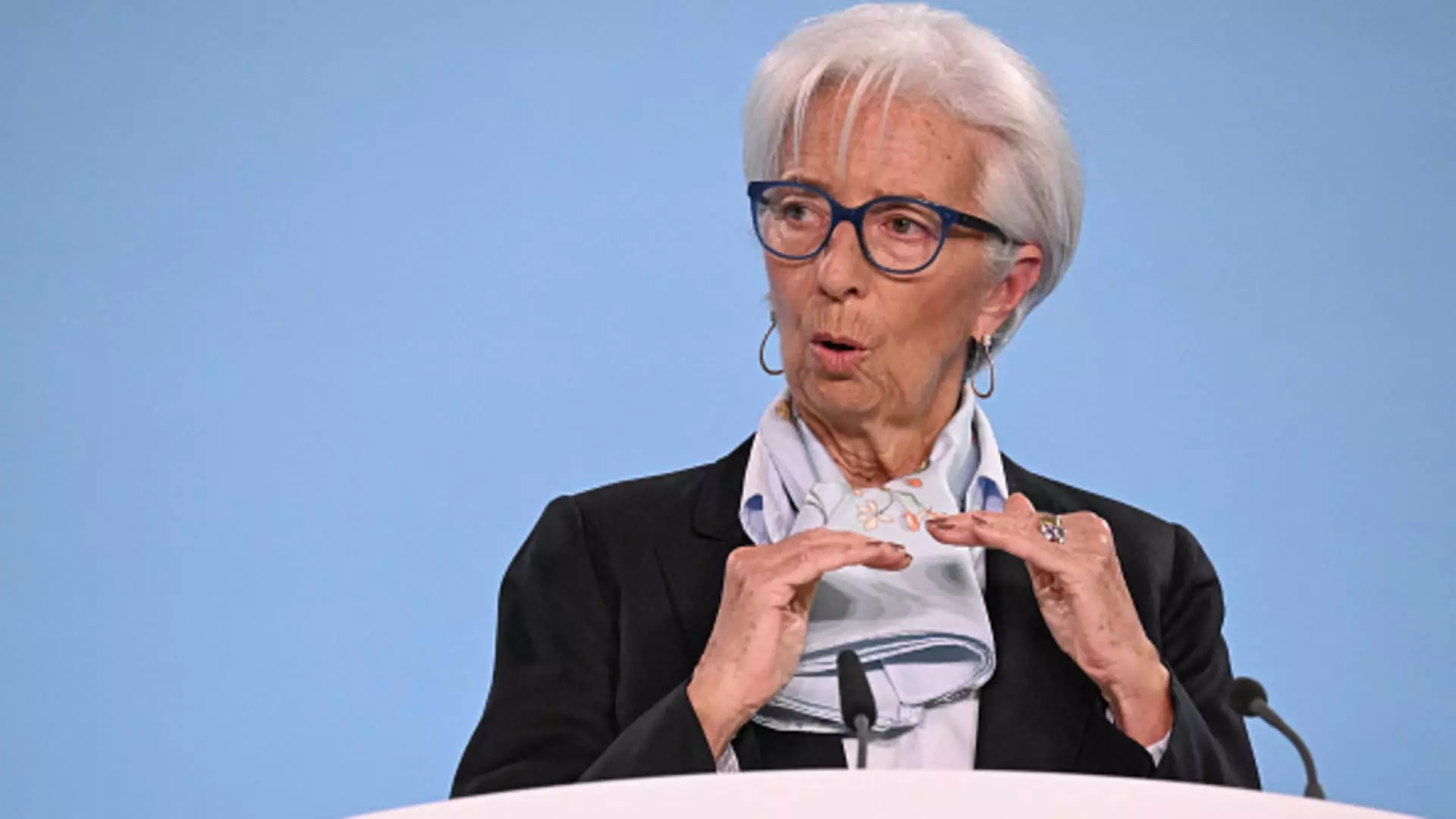The possibility of the European Central Bank (ECB) diverging from the Federal Reserve on interest rate cuts could have significant negative implications for the 20-nation euro zone. The ECB is currently on track to reduce interest rates in the upcoming months, while the Federal Reserve has opted to keep rates stable for the time being. This divergence in monetary policies could potentially create challenges for the euro zone economy.
Market analysts have expressed concerns regarding the potential consequences of the ECB cutting rates ahead of the Federal Reserve. Economist Daniel Lacalle noted that such an action could signal weakness in the euro, leading to an increase in the import bill for the euro zone. This, in turn, could hinder economic growth within the region.
It is argued that a rate cut by the ECB may not necessarily stimulate credit demand within major euro zone economies such as Germany, France, and Spain. Lacalle believes that the driving factors behind credit demand lie in economic and investment opportunities, which are often restricted by regulations and policies within the euro area.
ECB President Christine Lagarde has reiterated the central bank’s commitment to reducing interest rates in the near future, pending any unforeseen shocks to the economy. Lagarde emphasized the need to instill confidence in the disinflationary process and hinted at potential adjustments to the current monetary policy to support economic growth.
Recent economic data has shown a modest gain in gross domestic product (GDP) for the euro zone, with a 0.3% increase in the first quarter of the year. However, the revision of GDP figures for the fourth quarter of 2023 indicated a slight contraction, suggesting that the euro zone was in a technical recession during that period.
While some attribute the economic slowdown in the euro zone to high interest rates, economist Lacalle argues that the decline is primarily influenced by factors such as energy policy, regulations, and agricultural policies within the bloc. These structural issues may have a more substantial impact on economic performance than changes in interest rates.
The potential divergence in monetary policies between the ECB and the Federal Reserve presents a challenging scenario for the euro zone. While a rate cut by the ECB may not be a sufficient catalyst for economic growth, addressing underlying structural issues within the region could prove more effective in stimulating sustained development. It is essential for policymakers to consider a holistic approach to address the root causes of economic stagnation in the euro zone.

Leave a Reply